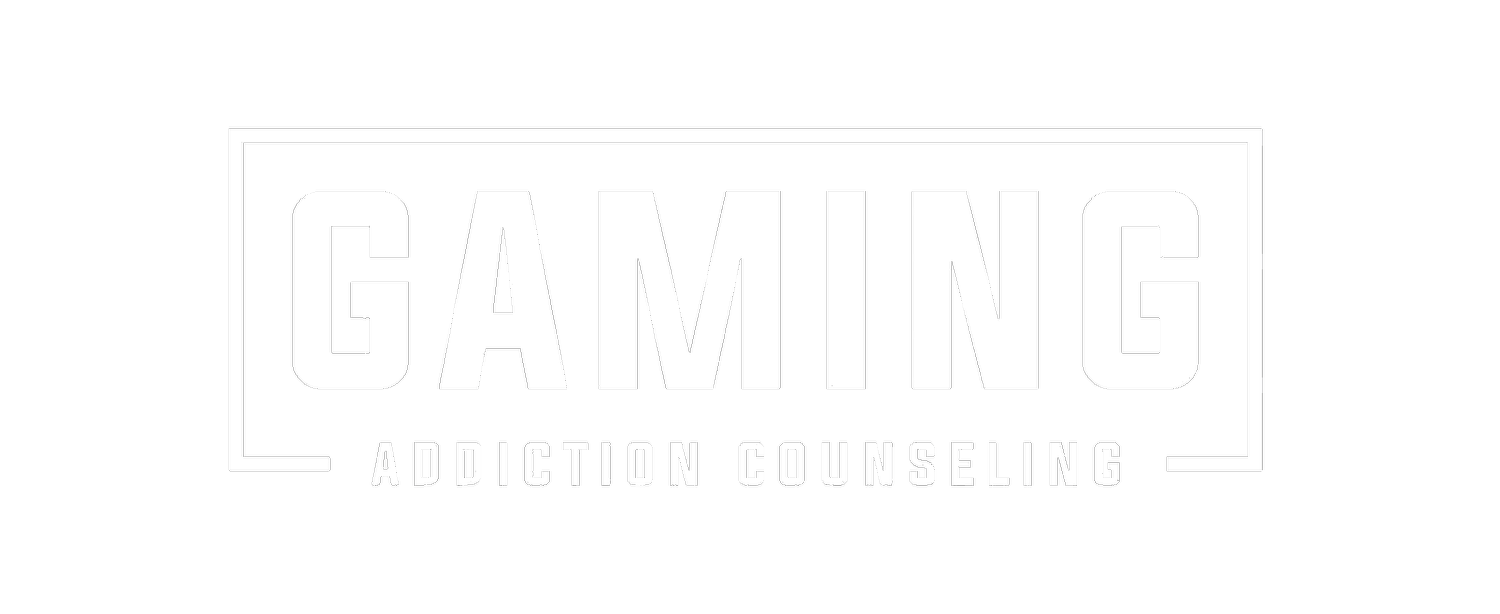The Need For A Need: Gaming Addiction As A Soothing Behavior For COVID-19 Pandemic
COVID-19 (Corona virus) has created something the population of the US has never seen. People have had simple freedoms removed, their daily lives altered, and the constant fear of survival lingers in the back of everyone's mind. Businesses have had their operations put on hold, many people have lost their jobs, and grocery stores have had their goods plundered creating a scarcity of regular household items. However, the biggest change some face is the lockdown order requiring people to stay inside their homes. This forces individuals and families in the home to share a small space for long periods of time, and it is more than some can bear.
Although many entertainment outlets are closed, electronics allow the outside world to be brought inside the home. Broadcasts on TV include entertainment shows and the news (another source of stress); however, one can only take so much entertainment and constant negativity. Human beings by nature have a desire to find meaning in life. And it is through our actions and attitudes that seemingly unbearable circumstances are a sign of a lack of purpose rather than a description about life (Viktor Frankl). Many people find meaning by providing services for others. During this lockdown, many have found it difficult to participate in meaningful activities. And, with the added stress, there is a motivation to distract from the surrounding, unending negative doom talk. This is where addiction is born.
AlcoholRehabGuide.org cites high levels of stress, social factors, and psychological factors (depression, anxiety, suppression of feelings) as contributing facets of alcoholism. Additionally, Twinlakesrecoverycenter.org summarizes addictions as "...coping mechanisms... to feel better." Alleviating stress and coping is not the problem, but rather it is how far the coping behaviors are taken. Relaxing with a drink, or watching TV inherently is not an issue. Rest and recovery are needed. Going to work drunk, or spending hours in front of the TV is a sign that the coping behavior is now the problem. I think we will see many of these coping mechanisms turn into severe issues as the Covid-19 lockdown continues; however, there is one activity that stands out beyond all of these.
Video games have become a US cultural staple. Back in the 90's, playing video games used to require a dedicated system. Buying a video game system was a big investment for families costing a couple hundred dollars, and the games were usually $60 per physical unit. Now, video games are readily available for download on any smart phone or computer, and are relatively cheap, or free. Statista reports that 78% of the global media and entertainment market is made up by video games. 72% of US homes report containing a gamer, and these gamers are mostly made up of young adults and teenagers. With the lockdown in full effect, these gamers have a lot of free time to indulge.
For those who don't know, video games have become much more complex than the original Pac-Man and Donkey Kong games of the 1980's. Games now have intricate story lines, amazing graphical art, and digital goals that provide a sense of accomplishment and escape from daily stress. Even more, games include massive online communities where players can work together toward a shared purpose, and belong somewhere. With little effort given, the gaming world can feel like, or be even more intense, than the real world. Players become the character they control, and the game becomes more preferable than real life, and it feels good.
The rewards come so often in video games, it's easy to see why the average gamer spends more than 2 hours daily playing games. Some gamers report spending 41% to 61% of their time playing. This is not just entertainment taken too far. Gaming has become a real life problem with real world consequences.
Although not an official disorder, it has been proposed that "Internet Gaming Disorder" be included in the DSM-5 (Diagnostic and Statistical Manual of Mental Disorders) with these symptoms:
- Preoccupation with gaming
- Withdrawal symptoms when gaming is taken away or not possible (sadness, anxiety, irritability)
- Tolerance, the need to spend more time gaming to satisfy the urge
- Inability to reduce playing, unsuccessful attempts to quit gaming
- Giving up other activities, loss of interest in previously enjoyed activities due to gaming
- Continuing to game despite problems
- Deceiving family members or others about the amount of time spent on gaming
- The use of gaming to relieve negative moods, such as guilt or hopelessness
- Risk, having jeopardized or lost a job or relationship due to gaming
If any of these symptoms sound familiar, you, or the person with the symptoms, are most likely addicted to video games. Losing a job or relationship is only a couple examples of what has happened from video game addiction.
The internet is full of gaming addiction stories from losing a home, to an infant's death.
I specialize in treating gaming addiction, and would be honored to help in this time. Please contact me before you or someone you know become one of these stories.
The outbreak of COVID-19 has created stressful circumstances for many people. For some, the stress and anxiety has become too much to bear, but don't let it be the thing that turns video games into a required stress reliever. This is an opportunity to build relationships, gain new skills, and create true meaning.

